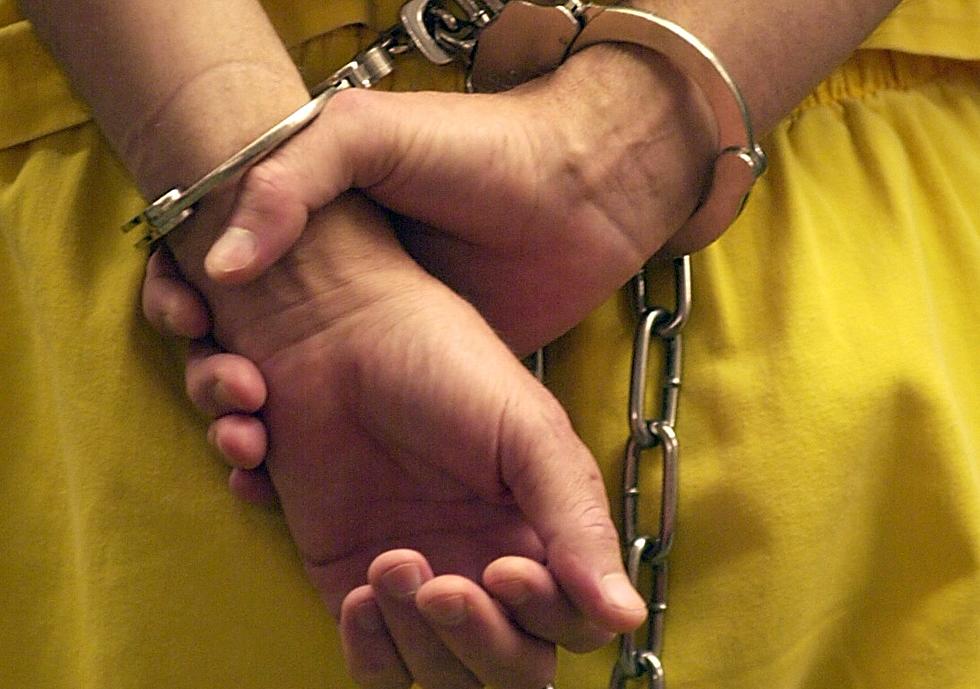
Can A Person Legally Take Ownership Of Your Home In New York State?
Imagine how much of a nightmare it would be to find out someone can legally take ownership of your home, building, or property in New York State. Can it actually happen? Short answer, YES!
It might be hard to comprehend how someone could get a court to legally give ownership rights to your property to someone, but it happens through squatter's rights. Here's how it works.
If a squatter has his or her eye on your property and they move in, after 10 years of occupying it continuously, they could be considered the legal owner. According to Legal Beagle,
A person taking adverse possession of a home or land occupies someone else's property and, through this, can obtain squatter's rights. In New York State, a squatter who lives on property openly and without permission can claim adverse possession if they do so for 10 years uninterrupted.
Scary, right? But I'm sure you're thinking that 10 years is a long time and you would kick them off your property or out of your house by that time. But, they can actually become classified as a tenant, with rights, after just 30 days. Then the burden falls on your to prove that you are indeed the legal owner.
To reclaim it, the owner must prove their legal right to it and evict the squatter with due process, a key tenant right. Eviction is a lengthy and expensive process. In some instances, landlords will pay off a squatter to avoid costly legal fees.
Yes, you read that right. An individual can inhabit your property without your permission and then force you to get rid of them through the legal eviction process. Unfortunately, they are not considered a trespasser because they seek the legal right to live there.
There is some good news though. Before a person can try to claim your property as their own through adverse possession, they must:
- Live in the home or on the property openly, not hiding from the owner or landlord.
- Take hostile possession,
Hostile possession occurs under three possible circumstances: 1) Simple occupation, which means squatters inhabit the property without knowing who owns it. 2) The person shows an awareness of trespassing, meaning they knowingly break the law by being on the property. 3) They do not know the property's legal status and squat as a good-faith mistake.
- Occupy the property for 10 years. They cannot even move from it for a few months or the 10 year period will restart.
- Claim the property exclusively. They cannot share it in any way.
- Physically live there and act as the owner - maintaining the property.
- Pay property taxes on the property for 10 years
An owner or landlord cannot just kick a squatter out, they must go through the legal eviction process. The best protection for owners is to secure the property, post no trespassing signs, and check on vacant properties regularly and less than every 30 days, since a squatter can claim tenancy after 30 days.

When You Can't Legally Have Marijuana In New York State
This Is The Poorest County In New York State
Cheapest Rental Property in New York State For $5,000
More From 93.7 WBLK









